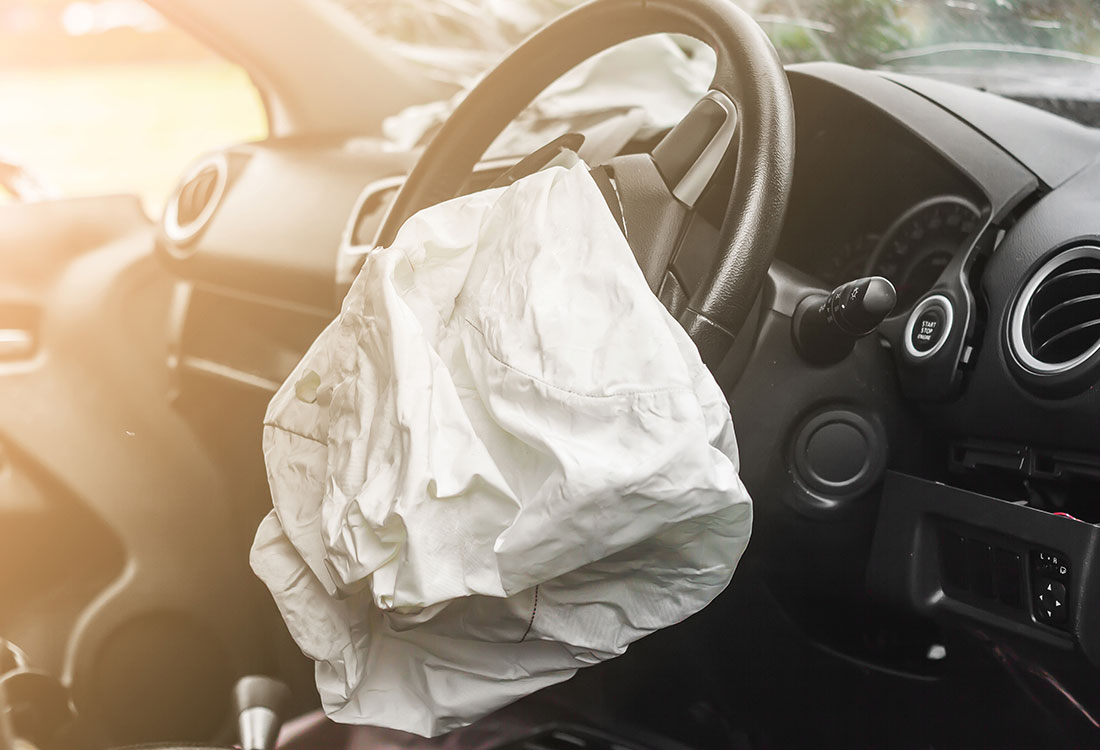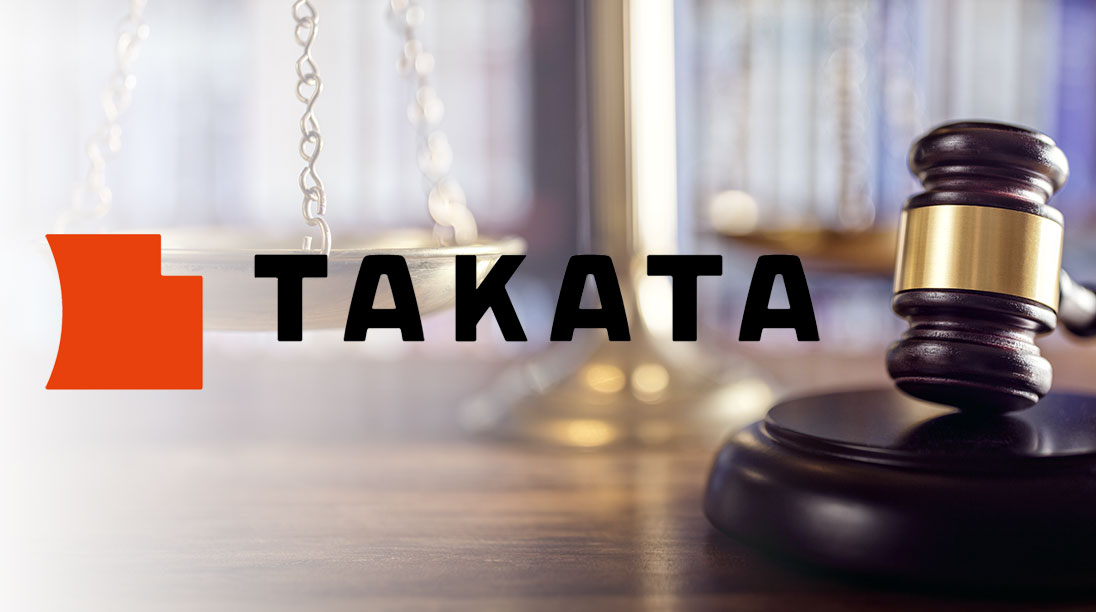While OEMs are grappling with the sudden demand from the Australian Competition and Consumer Commission (ACCC) that wants all airbags replaced by December 31, 2020, lawyers have placed the OEMs directly in their sights saying they want to ensure owners are protected in the case of injury.
The meat in the sandwich are car dealers who are trying to cope with the influx of cars for the urgent replacement of the airbags as their workshops begin to delay normal service demands from other customers.

Reports from the industry say that as much as 65 per cent of workshop time is now being allocated to airbag replacement for one of the key brands which involves complete removal of the facia.
But the biggest impact is to the consumer. Unlike the OEMs and dealers, the motorist knows very little about the effect of the world’s biggest automotive recall on the car in their garage.
That’s the cue for Damian Scattini, a partner with legal firm Quinn Emanuel, who told GoAutoNews Premium that with the Takata airbag recall, OEMs are breaching Australian Consumer Law (ACL).
He claimed that the ACCC announcement this week was “unprecedented” and showed the Takata airbag issue was an “incredibly urgent and potentially lethal problem”.
“Under the ACL, goods specifically need to be safe and consumers have a right to a replacement or refund if they are not – that is what we are seeking to enforce with this action,” he said.

“It is hard for manufacturers to defend their actions or say there isn’t any urgency to replace these airbags when they are the subject of the largest product safety recall in Australia’s history.”
Mr Scattini said: “OEMs say they are doing their best and they haven’t.
“The truth is that they have been dragged kicking and screaming by the ACCC and if you weigh up who should bear the cost of that – is it the companies that chose cheaper airbags to put in their cars and should have known full well that there was a chance they could blow up, or is it the consumer who knew nothing?”
Mr Scattini said that one of the core issues is that a Takata airbag can be replaced with another Takata airbag “that will still contain ammonium nitrate and that’s still not good enough”.
“So we want a replacement airbag that is safe,” he said.
“For customers, they should have a replacement vehicle made available or a rental vehicle until the time when the OEM can replace the airbags with non-ammonium nitrate bags.

“But the preference, in my opinion, is to give car owners their money back and let them go and buy a Hyundai or something that doesn’t have a Takata airbag so it never has this problem.
“That’s what we’re claiming in the action. It’s slightly different from the ACCC’s compulsory replacement but we support the ACCC.”
He said there are “thousands” of people involved in the class action.
“But this is an open-class action which means anyone with a vehicle from the six manufacturers who is affected by the Takata recall is covered by the class action,” he said.
“They can opt out of the class action at a later date. That means there’s well over a million in the class action.”
Mr Scattini said six class actions – each representing a manufacturer – have been filed in Australia.
“The first directions hearing was on February 14 and the case is being case managed together – because they’re similar – and I’ll hope we have a resolution soon,” he said.

“There may be a situation where the OEMs will want to delay it as long as possible but we’re not going to let them do that.
“No-one is exempt from this action. We have strict liability laws in this country and the cases in the US revolve around the OEMs saying ‘we are the victims too’. That doesn’t matter in Australia.
“It’s the same as any component manufacturer. What happens in the US is not relevant here. We have consumer guarantees and if a product has a safety defect then there are consequences for that.
“We are not working hand-in-glove with the ACCC but they are aware of what we are doing and there is a section of the ACCC airbag notice that states that what we are doing does not affect the rights of the car owner under consumer laws.”
Ammonium nitrate is the propellant used to inflate the airbag. It is seen as the prime reason for the airbag faults and the resulting global deaths and injuries, of which one death was recorded in Australia.
Takata changed the airbag propellant in 2001 from tetrazole to ammonium nitrate. A US Senate Commerce Committee in June 2015 claimed Takata knew of the problems with the new propellant – importantly, its unstable nature which can make it explode unexpectedly – as early as 2001.
Rival airbag makers TRW Automotive and Autoliv use the less volatile propellant, guanidine nitrate. None of these airbags are subject to recall and none have shown faults linked to deaths or injuries.
By Neil Dowling













 Read More: Related articles
Read More: Related articles

